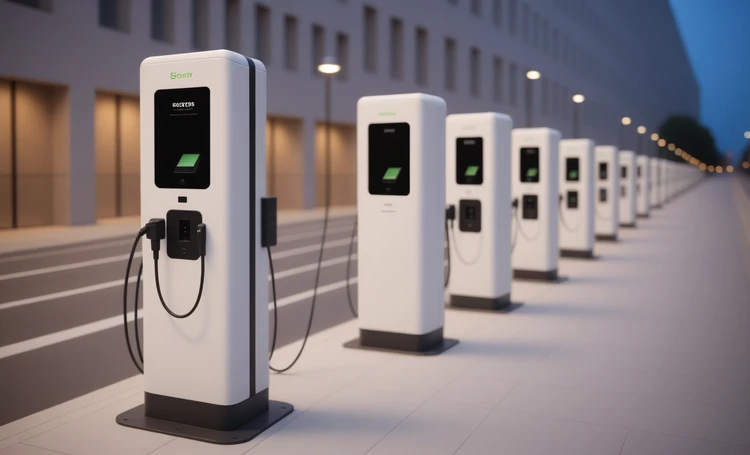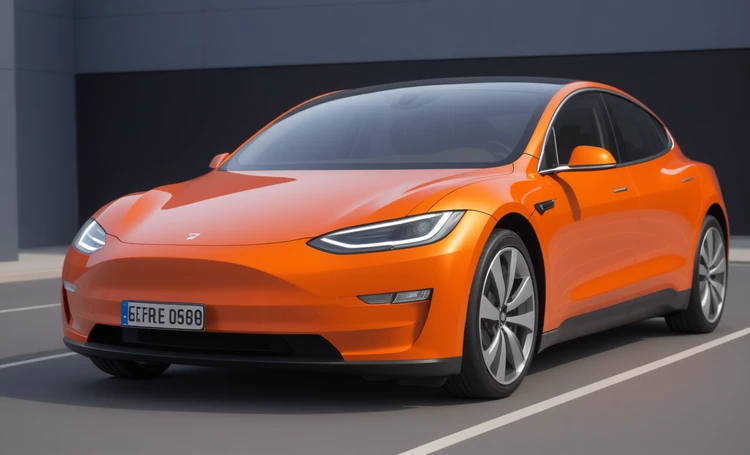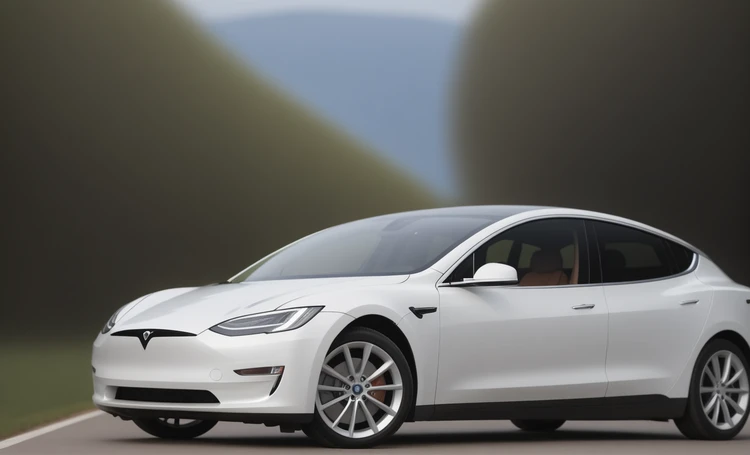🏙️ City of the future: adaptation to electric vehicles
Urban spaces are undergoing a transformation , and find out more about urban solutions here. Every day, electric cars are becoming not just an alternative to traditional cars, but also the standard for metropolitan areas in Germany, the USA and Europe. Let's look at how city infrastructure is adapting to the new wave of vehicles and what this means for city residents and visitors.
🛣️ Charging infrastructure
Creation of a network of charging stations
Scaling the charging network is key to integrating electric vehicles into the urban landscape. This includes not only installing stations in parking lots and public places, but also developing apps to easily find available charging points.
Intelligent transport systems
Modern technologies make it possible to integrate charging stations into the city's intelligent transport system (ITS), which simplifies route planning and helps to avoid charging traffic jams.
Parking lots with charging
New building codes already include mandatory charging stations in parking lots of shopping centers, office buildings and residential complexes.
🌿 Ecological aspect
Reduced Pollution Levels
Electric vehicles significantly reduce air pollution in cities, making them a priority choice for modern urban planning.
Green energy for charging
Using renewable energy for charging stations increases the environmental value of electric vehicles and reduces the city's carbon footprint.
Reducing noise pollution
Electric vehicles are much quieter than their gasoline and diesel counterparts, which helps create a more comfortable and quiet urban environment.
💡 Technological innovation
Wireless charging technologies
Research and development in wireless charging promises even greater convenience for electric vehicle owners, allowing vehicles to be charged without a physical connection.
Smart batteries
Advances in battery technology mean greater range on a single charge and a reduction in the time it takes to charge batteries.
Charging management apps
The development of mobile applications for charging management, monitoring battery status and optimizing energy consumption makes the use of electric vehicles even more convenient and efficient.
📊 Electric vehicle market analysis
Shopping trends
Sales statistics show that interest in electric vehicles is growing every year. This forces car manufacturers and city authorities to actively implement the necessary innovations in infrastructure.
Demand for models
Market segments show that the demand for electric vehicles is not limited only to compact city models. SUVs and premium sedans are also actively electrifying.
Economic benefit
Taking into account government incentives and subsidies, owning an electric vehicle is in many cases more economical than traditional fossil fuel vehicles.
🌐 Global cooperation
International standards
Global collaboration on standardization of chargers and technologies synchronizes efforts across countries and makes international EV travel easier.
Technology exchange
Countries and companies are actively sharing experiences and technologies to accelerate progress in the field of electromobility, leading to rapid adaptation of innovations.
Training and support
Raising awareness of the benefits of electric vehicles and training professionals to work with new technologies are key aspects of successfully integrating electric vehicles into urban environments.
🏢 Corporate contribution
Investment in innovation
Large technology companies such as Apple Inc., are investing in the development of their own lines of electric vehicles and charging technologies, which stimulates the market and innovation.
Corporate fleets
The transition of corporate fleets to electric vehicles not only reduces the environmental footprint of companies, but also serves as an example for other market participants.
Cooperation with cities
Business partnerships with municipalities in the construction and maintenance of electric vehicle infrastructure help speed up this process and increase its efficiency.
📝 Legal support and regulation
Legislative initiatives
Many governments are passing laws to support the adoption of electric vehicles, including incentives and tax breaks for owners and manufacturers.
Infrastructure construction
An active government role in developing charging infrastructure and creating incentives for private investment helps cities quickly and effectively adapt to the needs of electric vehicles.
Educational programs
Government support for educational programs helps prepare qualified specialists to service and develop the electromobility sector.
🌿 Ecological aspect
Reduced emissions
The transition to electric vehicles significantly reduces carbon dioxide emissions, which helps improve the environmental situation in cities.
Renewable Energy
Using renewable energy to charge electric vehicles enhances their environmental benefits and supports the concept of green cities.
Disposal and recycling
Developing methods for recycling and recycling used batteries is a key aspect of the green cycle of electric vehicles.
🤖 Technological progress
Battery Improvements
Advances in battery technology mean longer ranges, shorter charging times and lower costs for electric vehicles.
Autonomous driving
The integration of autonomous driving systems into electric vehicles promises a revolution in driving safety and comfort.
Smart cities
The development of the concept of smart cities, where transport and energy systems are interconnected and optimized, opens up new opportunities for the use of electric vehicles.




